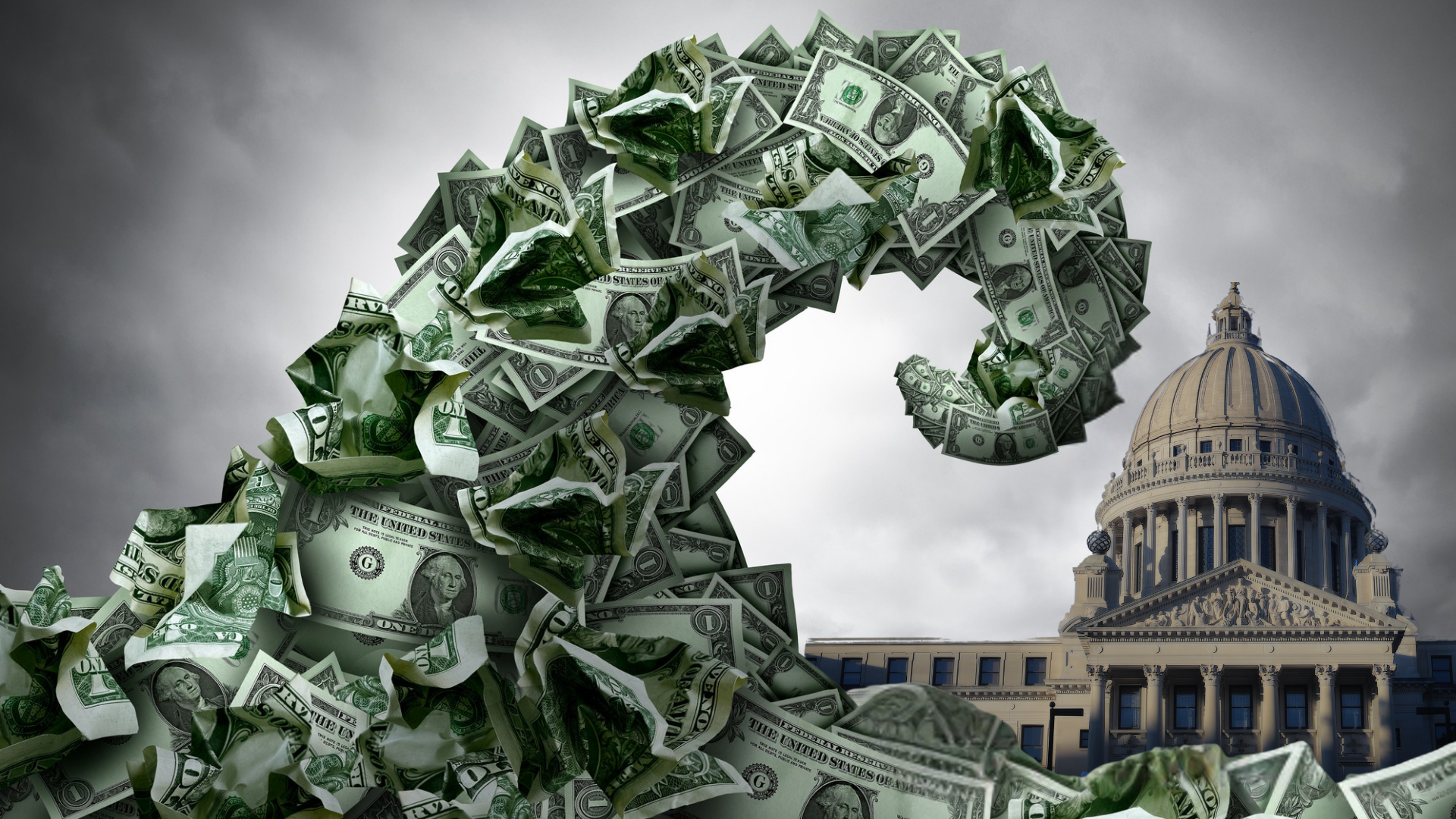Despite being rejected by Washingtonians nine straight times, whether to impose an income tax is back in the news. Interestingly Governor Inslee is going on the record as being opposed to an income tax despite his party’s platform calling for one. As recently reported by the Tacoma News Tribune:
“Inslee does not support any income tax proposal, according to his campaign spokesman Jamal Raad.”
I followed up with the Governor’s office and asked this question: “Would he veto an income tax if sent one by the legislature? Does he support strengthening the state’s existing ban so the people don’t have to worry about the court allowing one?”
Here is the answer I received:
“The gov has been very clear he does not support an income tax, and you’ve seen yourself that these bills go absolutely nowhere in the Legislature.”
Based on the Governor’s prior tax proposals, however, his opposition must depend on what he believes qualifies as an income tax. Consider his proposal for a capital gains income tax. Governor Inslee calls his 7 percent capital gains tax proposal an “excise tax” for the “privilege of selling or exchanging long-term capital assets.” It is important to note that none of the states that do not have an income tax have a capital gains tax. This is because capital gains are taxed as part of the income tax code.
Realizing the suspect constitutionality of such a proposal in a state with an income tax ban, the fiscal note for the prior capital gains tax bill (House Bill 1484) assumes that litigation against the proposal will occur. According to the fiscal note:
“We assume that because the capital gains tax is a new tax actions challenging its constitutionality will be filed in Superior Court . . . We assume up to five Superior Court actions will be filed challenging the constitutionality of the capital gains tax and that such court challenges will be filed after the effective date of the capital gains tax, which is January 1, 2016.”
National tax experts agree that a capital gains tax is an income tax. Here is what the Tax Foundation recently wrote in a guest editorial for the Tri-City Herald:
"Foregoing an income tax is the Washington tax system’s competitive advantage, an inducement to individuals and entrepreneurs alike. And make no mistake, a capital gains tax is a form of income tax. Every tax system has its selling point, and this is Washington’s—one that could be seriously undermined by capital gains taxation. More importantly, such a tax could undermine the very programming it is designed to fund."
Notwithstanding the arguments about whether a capital gains tax is an income tax, there is one sure way to show strong opposition to allowing an income tax to be imposed in Washington and that is to follow the lead of Tennessee. As I recently wrote for the Seattle Times:
“In Tennessee, lawmakers wanted to make sure citizens and businesses could have the peace of mind that imposition of a state income tax was not just one legislative session away. They asked voters to approve a constitutional amendment banning income taxes. The sponsor of the 2014 Tennessee income-tax ban explained: ‘This is going to help us bring in jobs to Tennessee. We can say, ‘not only do we not have an income tax, but we’ll never have an income tax.’"
In 2014, the proposal was approved with 66 percent of the vote and Tennessee’s constitutional provision banning a state income tax went into effect.
Lawmakers in Washington should also let the people act on a constitutional amendment making our state’s ban on an income tax crystal clear and guard it from being overturned by a surprise court ruling that ignores past precedents. Judging from past elections, Washingtonians clearly oppose a state income tax, and a proposed ban would probably pass.
My advice when talking with state officials proclaiming their opposition to income taxes - ask them if they also support ensuring the people will have the final say with a strong and clear constitutional ban like occurred in Tennessee.
Additional Information
Court removes words "income tax" from Olympia ballot proposal
Capital gains taxes are too unreliable to fund education





